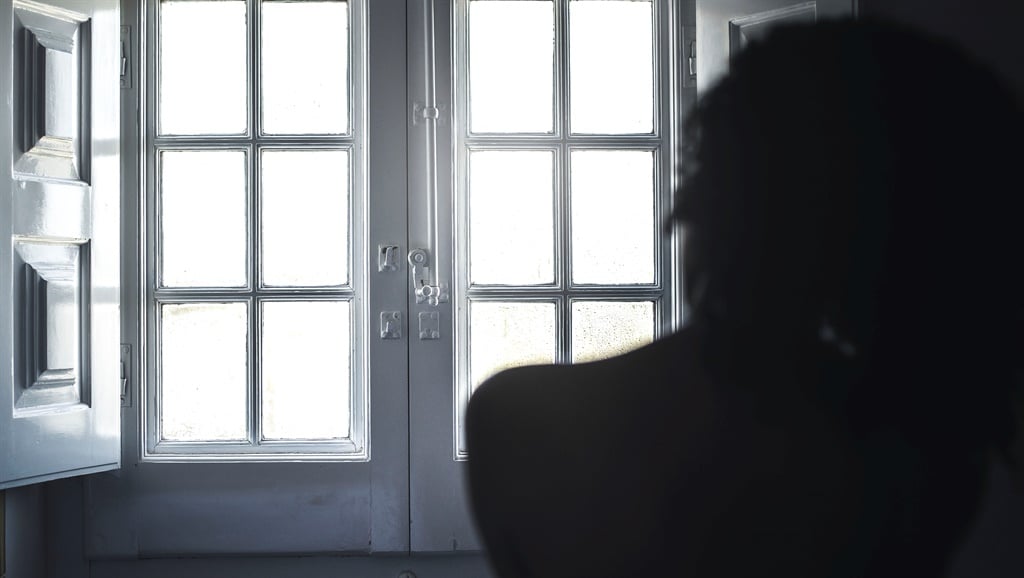


Illustration. Photographer: David Prado
- A Botswana singer and activist who was raped three years ago launched a campaign to fight high rates of sexual violence.
- The “Say No to Rape” campaign would push for harsher sentences for rapists as well as measures to support victims.
- She also hopes to raise funds for survivors in need of professional counselling through music concerts.
A Botswana singer and activist who was raped three years ago launched a campaign on Friday to fight high rates of sexual violence in the country, saying the rape of her younger sister last month had spurred her to act.
Refilwe Mooki, 23, who still suffers post-traumatic stress as a result of her attack, said the “Say No to Rape” campaign would push for harsher sentences for rapists as well as measures to support victims and encourage them to speak out.
“Enough is enough. We need to challenge people feeling entitled to other’s bodies and violating them because they feel that they can get away with anything they want,” Mooki, a poet and singer, told the Thomson Reuters Foundation.
Mooki told a news conference in Gabarone she plans to work with fellow musicians on a song with an anti-rape message to highlight the campaign and visit schools to encourage students to report sexual violence.
She also hopes to raise funds for survivors in need of professional counselling through music concerts.
Nearly 70% of women in the southern African country have experienced physical or sexual abuse – more than double the global average, according to the United Nations Population Fund (UNPF).
Activists, however, believe the real figure could be even higher as stigma and fear of going to the police stops many women from reporting rape.
“There is a lot of interrogation that happens to establish details of the rape and this can be a demeaning for victims as rape is such an intimate crime,” said Peggy Ramaphane, head of local women’s right charity Women Against Rape (WAR).
Police spokesperson Dipheko Motube said they have campaigns to educate communities on sexual violence and consent.
“We encourage victims to report crimes confident that they will be protected. Some community members protect perpetrators out of fear and shame,” Motube said, noting a sharp increase in rape reports during the coronavirus lockdown.
The United Nations warned in June of a surge in domestic violence during global lockdowns, with calls to helplines doubling or tripling in some countries, as lockdowns made it impossible for many women to flee abusers.
Mooki said her anger over the attack on her sister impelled her to launch the campaign, and speak publicly about her rape.
“Her vulnerability and the pain in her eyes haunted me. I knew how she felt. No one deserves the trauma of being raped.”

